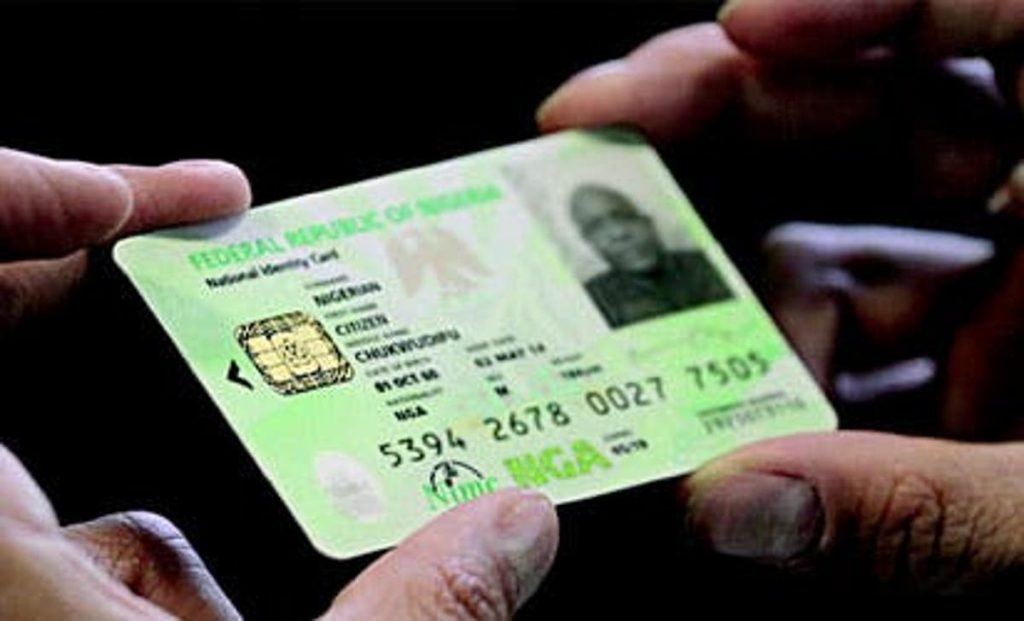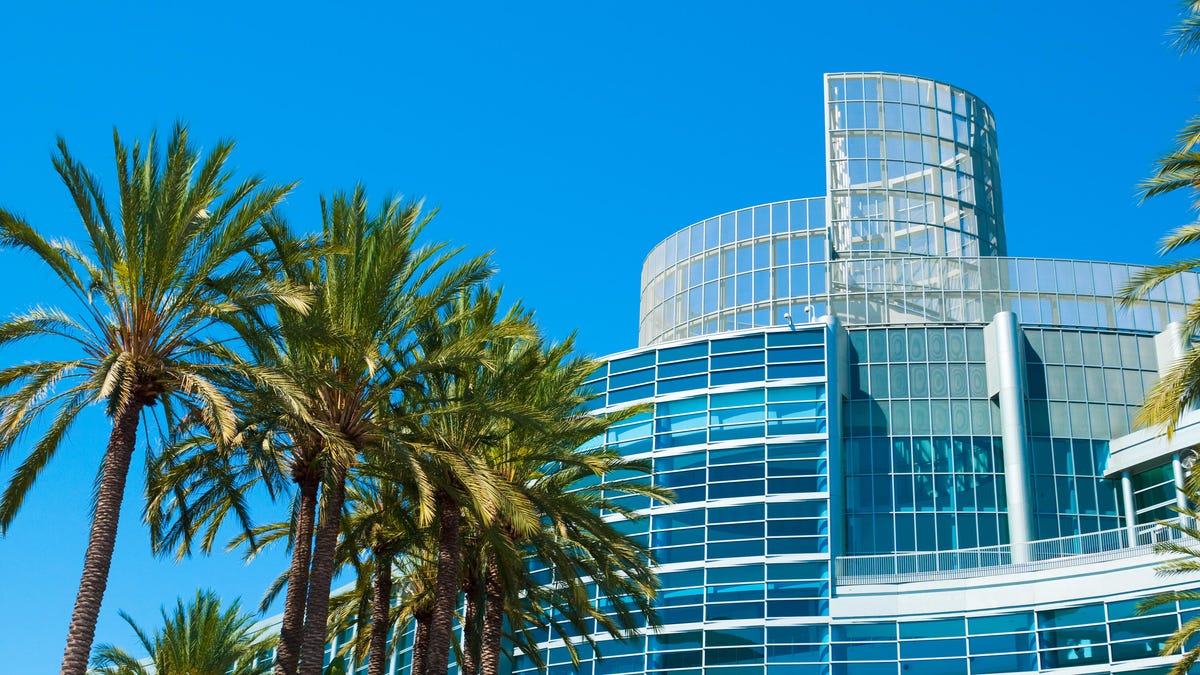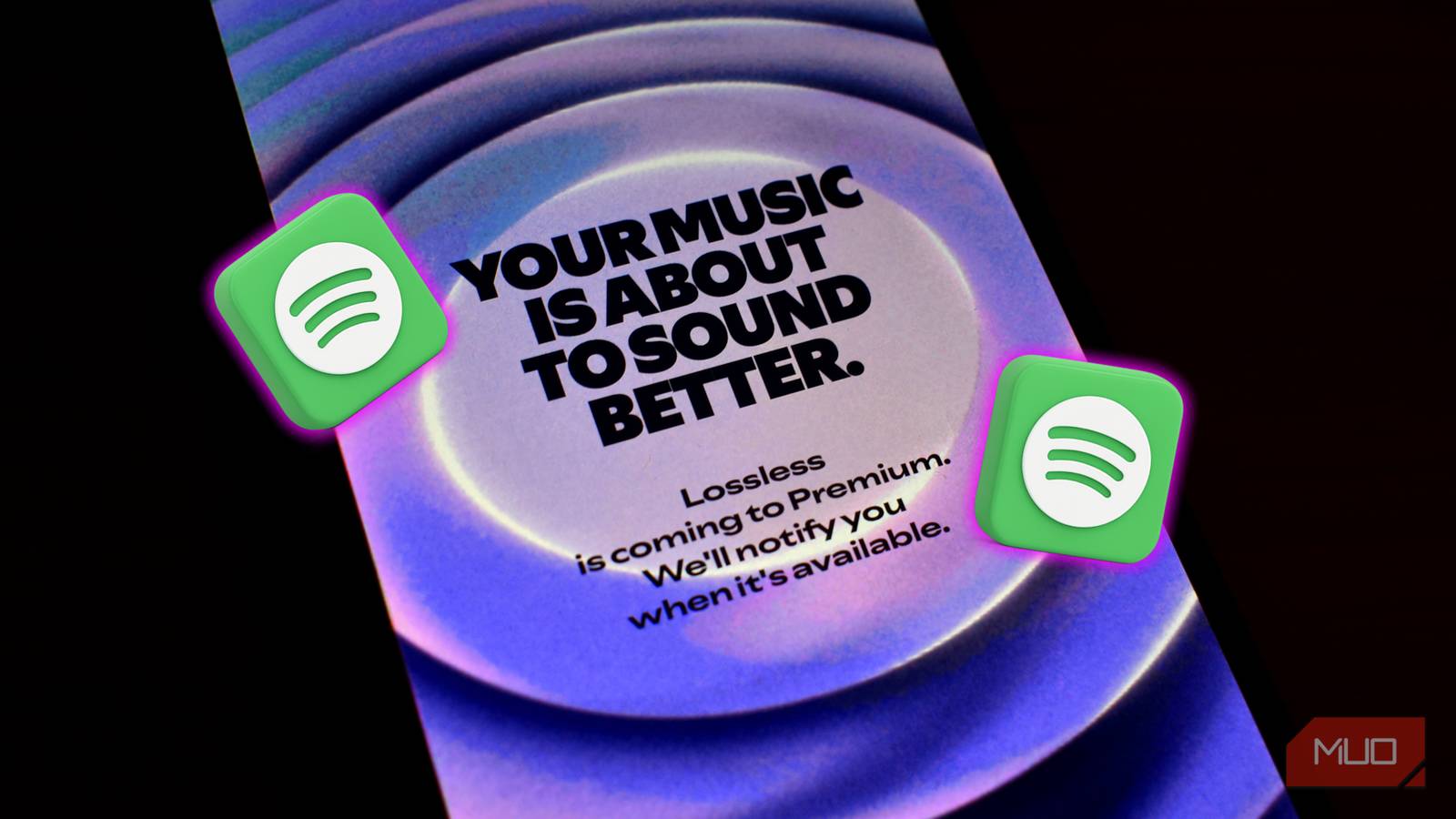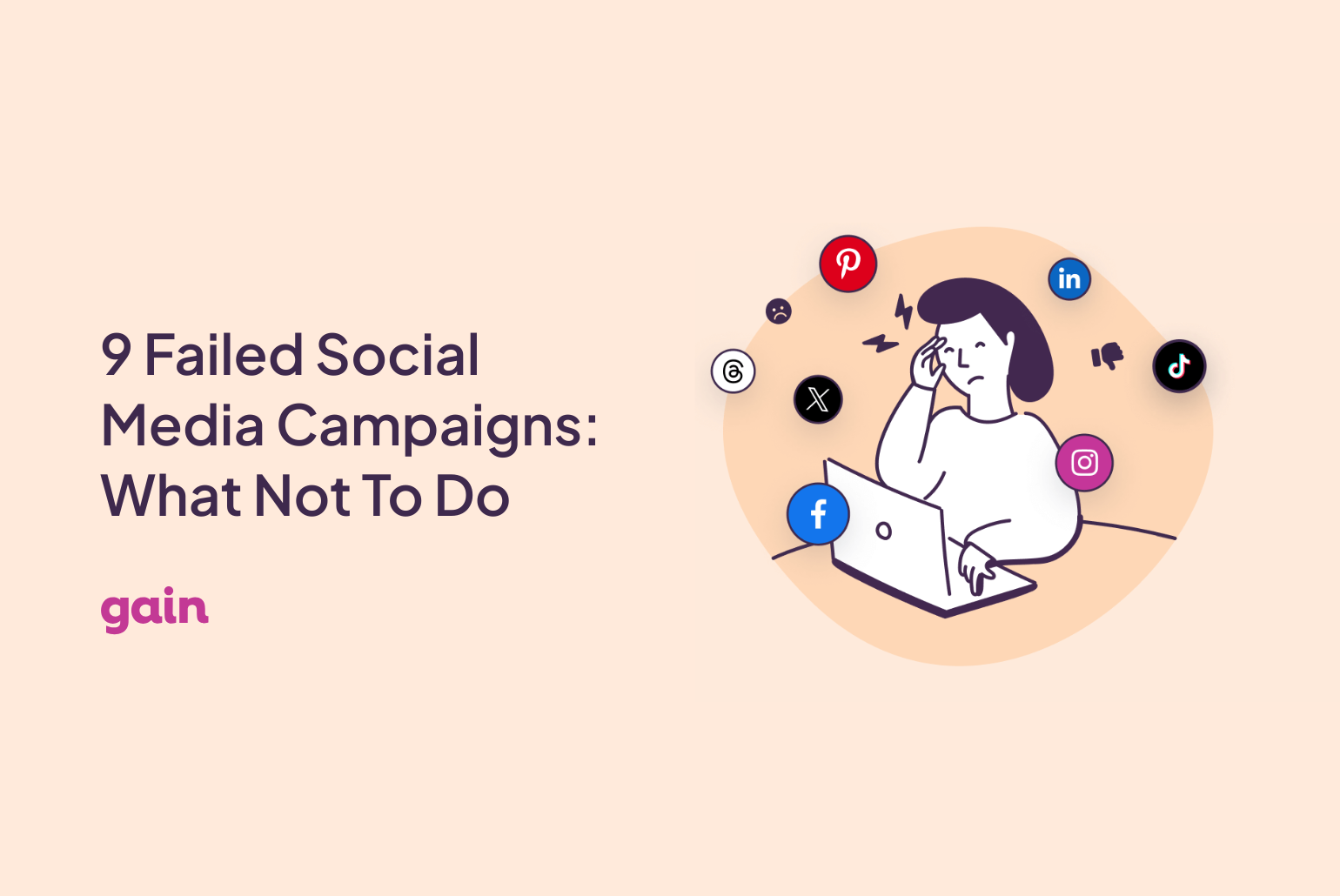Dear Nigerians, the government has said it wants to link your entire borrowing history to your National Identification Number (NIN)—yes, that means of identification some of you have refused to open since 2021.
Reacting to the news, some of you asked a key question: why the NIN? Why not the Bank Verification Number (BVN)?
Uzoma Nwagba, managing director of the Nigerian Consumer Credit Corporation (CREDICORP), gave you an answer: “If you default on your loan, it could affect your ability to renew your passport, your driver’s licence, or even rent a house.”
The idea is commendable because it means that every Nigerian citizen—as long as you have your NIN—will have a credit score. This could make it easier to access loans from fintechs, microfinance banks, and, if the big boys want to play, maybe commercial banks too.
But the BVN has its limits. It only works inside the finance world. But with the NIN, your identity reaches telecoms, tax, and even licencing, giving more sectors access to your credit history.
This is close (but not the same) to how the US uses its Social Security Number (SSN), which tracks income and work years to calculate citizens’ benefits. Nigeria hasn’t said if your earning history will be linked too.
But if it is strictly borrowing history, it means two things: accessing a customer’s ability to pay back a loan—which is crucial for loan underwriting—will still be a problem.
Second, it might also depend on fintechs, banks, and other credit providers—even loan sharks—to reliably report when customers take loans from them, thereby contributing to their credit history.
We cannot say yet if this is a good plan. Rollout will be key. But tell us: does this move get a yay or nay from you?










